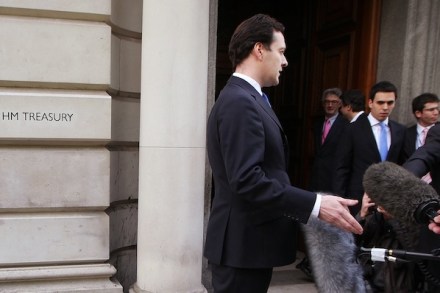Two groups to keep an eye on in the reshuffle
The reshuffle is now under way. We already know that Andrew Mitchell is taking over as the chief whip, Baroness Warsi has just announced her departure via Twitter and the word now is that Ken Clarke is likely to move from Justice Secretary to Leader of the House. There will be live updates on Coffee House throughout the day as MPs start filing in and out of Downing Street, but before the shuffling begins properly, here are some names worth keeping an eye out for. These are the coalition casualties: MPs who served on the Conservative front bench when the party was in opposition but were not offered ministerial posts




















